Intro
Tetanus shots prevent lockjaw and tetanus infections, caused by Clostridium tetani bacteria, through vaccination and booster shots, ensuring immunity and protection.
Tetanus shots are a crucial part of maintaining good health, particularly for individuals who engage in outdoor activities or work with animals. These shots provide protection against tetanus, a bacterial infection that can cause severe muscle stiffness, spasms, and rigidity. Despite their importance, many people are unaware of the specifics of tetanus shots, including how they work, who needs them, and how often they should be administered. In this article, we will delve into the world of tetanus shots, exploring their benefits, working mechanisms, and key information related to this vital vaccine.
Tetanus shots are typically administered as part of a combined vaccine, such as the Tdap vaccine, which protects against tetanus, diphtheria, and pertussis. This vaccine is usually given to children at a young age, with booster shots administered every 10 years to maintain immunity. However, tetanus shots are not just limited to children; adults who have not received a booster shot in the past decade may also require vaccination. Furthermore, individuals who work with animals, engage in outdoor activities, or have certain medical conditions may need to receive tetanus shots more frequently.
The importance of tetanus shots cannot be overstated. Tetanus is a serious infection that can cause severe muscle stiffness, spasms, and rigidity, leading to respiratory failure, cardiac arrest, and even death. According to the Centers for Disease Control and Prevention (CDC), tetanus is responsible for approximately 50-100 reported cases in the United States each year, with the majority of cases occurring in individuals who have not received a tetanus shot in the past 10 years. By receiving regular tetanus shots, individuals can significantly reduce their risk of contracting this debilitating infection.
Tetanus Shot Benefits
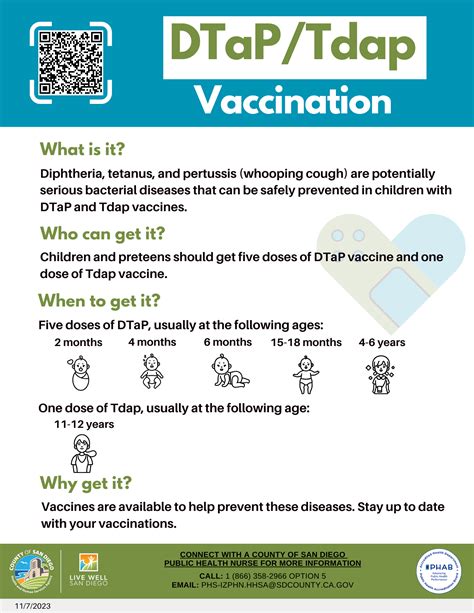
How Tetanus Shots Work
Tetanus shots work by introducing a small, harmless piece of the tetanus toxin to the body, which stimulates the immune system to produce antibodies. These antibodies help to fight off the tetanus infection, preventing the bacteria from producing the toxin that causes muscle stiffness, spasms, and rigidity. The vaccine is typically administered via injection, usually in the arm or leg, and may cause mild side effects such as redness, swelling, or pain at the injection site.Tetanus Shot Side Effects

Who Needs Tetanus Shots
Tetanus shots are recommended for individuals of all ages, particularly those who engage in outdoor activities or work with animals. Some of the groups that may require tetanus shots include: * Children, who typically receive their first tetanus shot at 2 months of age, followed by booster shots at 4-6 months, 6-7 years, and 11-12 years * Adults, who should receive a booster shot every 10 years to maintain immunity * Individuals who work with animals, such as veterinarians, animal handlers, or farmers * People who engage in outdoor activities, such as hiking, camping, or gardening * Individuals with certain medical conditions, such as diabetes or liver diseaseTetanus Shot Schedule
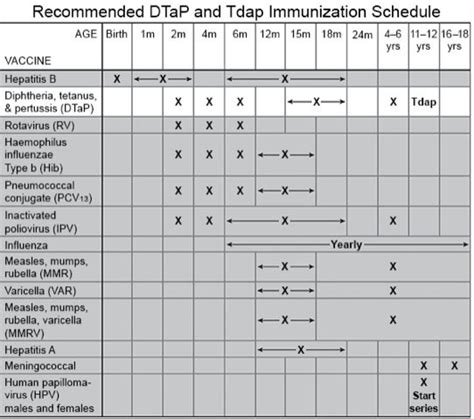
Tetanus Shot Effectiveness
Tetanus shots are highly effective in preventing tetanus infection. According to the CDC, the Tdap vaccine, which protects against tetanus, diphtheria, and pertussis, is approximately 90% effective in preventing tetanus infection. However, the effectiveness of the vaccine can wane over time, which is why booster shots are necessary to maintain immunity.Tetanus Shot Precautions
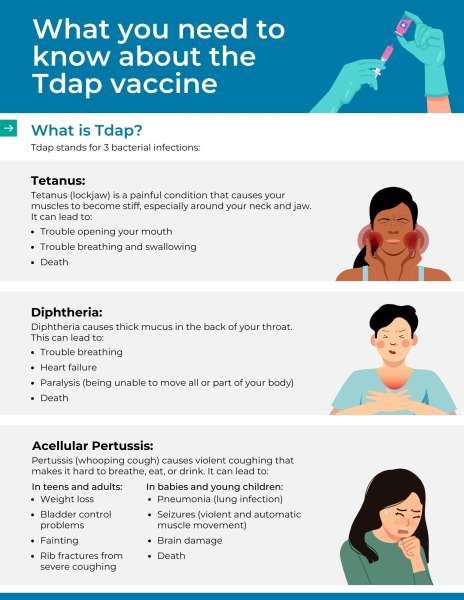
Tetanus Shot Interactions
Tetanus shots can interact with certain medications or medical conditions. Some of the most significant interactions include: * Immunosuppressive medications, which can reduce the effectiveness of the vaccine * Certain antibiotics, which can increase the risk of side effects * Pregnancy or breastfeeding, which may require special precautions or alternative vaccination schedulesTetanus Shot Alternatives
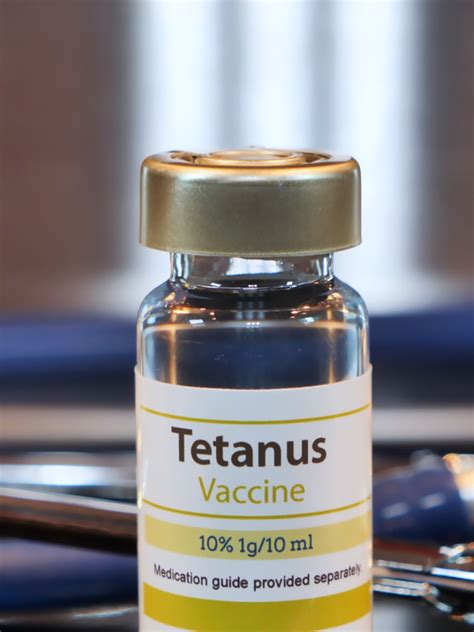
Tetanus Shot Cost
The cost of tetanus shots can vary depending on the location, healthcare provider, and insurance coverage. On average, the cost of a tetanus shot can range from $20 to $50. However, many insurance plans cover the cost of tetanus shots, and some healthcare providers may offer sliding scale fees or discounts for patients who are uninsured or underinsured.Tetanus Shot Locations
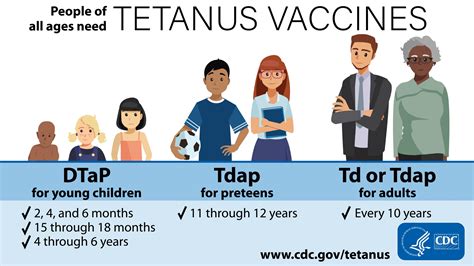
Tetanus Shot Appointments
To schedule a tetanus shot appointment, individuals can contact their healthcare provider or visit a local clinic or pharmacy. Some healthcare providers may offer online scheduling or walk-in appointments, while others may require a phone call or in-person visit to schedule an appointment.What is tetanus, and how is it transmitted?
+Tetanus is a bacterial infection caused by Clostridium tetani, which is commonly found in soil, animal feces, and contaminated water. The bacteria can enter the body through cuts, wounds, or other injuries, and can cause severe muscle stiffness, spasms, and rigidity.
How often do I need to get a tetanus shot?
+The frequency of tetanus shots depends on age, medical history, and lifestyle. Children typically receive their first tetanus shot at 2 months of age, followed by booster shots at 4-6 months, 6-7 years, and 11-12 years. Adults should receive a booster shot every 10 years to maintain immunity.
Can I get a tetanus shot if I have a medical condition or allergy?
+Individuals with certain medical conditions or allergies may need to take precautions or alternative vaccination schedules. It's essential to inform your healthcare provider of any medical conditions or allergies before receiving a tetanus shot.
What are the side effects of tetanus shots?
+Common side effects of tetanus shots include redness, swelling, or pain at the injection site, fatigue, headache, and nausea. Severe side effects, such as allergic reactions, are rare but can occur.
Can I get a tetanus shot if I'm pregnant or breastfeeding?
+Pregnant or breastfeeding women may require special precautions or alternative vaccination schedules. It's essential to consult with a healthcare provider to determine the best course of action.
In
Final Thoughts

